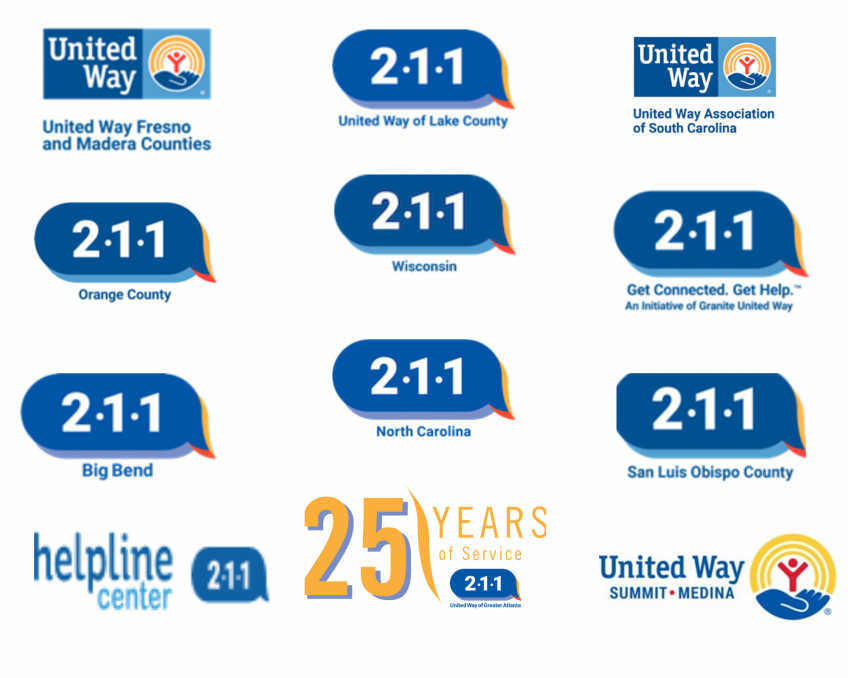Launched by United Way Worldwide and a group of 211 leaders in 2016, the National 211 Data Platform (NDP) enables the 211 Network to aggregate, flexibly access, and share their proprietary data through a read-only repository. In addition to being a central platform for resource directory data, the NDP offers redundancy and back up to local systems and improves the sharing capabilities and standardization of data for other platforms like electronic health records or care coordinating systems. At its core, the NDP does not replace local systems that 211s use to manage data and calls but adds value to and reduces duplicative costs for individual 211 agencies. The platform curates data from across different localities and states into one source while the data owners maintain their ownership.
Partnering with the Robert Wood Johnson Foundation (RWJF), United Way Worldwide is working closely with 14 local United Ways and 211 agencies to advance data sharing in the public health sphere. This partnership is a pilot program that allows the organizations to use the abilities and services offered by the National Data Platform to cultivate relationships with local and national public health partners to encourage data sharing relationships. While the NDP is a national scaled platform that adds value to sharing of resource data, the NDP can be leveraged locally to transform public health data systems to advance health equity. This is useful for public health agencies to better leverage 211 data to inform local health policy and health improvement activities that increase access to services, positive health outcomes and health equity.
The 14 regions in the pilot include 211 Wisconsin, United Way of North Carolina , United Way Association of South Carolina, United Way of Summit and Medina, 211 Big Bend, United way Granite 211, United Way Greater Atlanta, Helpline Center in South Dakota, Via Link, 211 Orange County, United Way of Fresno and Madera Counties, United Way San Luis Obispo, United Way Lake County, and United Way of Western Florida, all committed to leveraging the NDP to cultivate relationships with their local health partners to inform change on the local and state level. Organizations are documenting their experiences and opportunities with things like Adverse Childhood Experiences (ACEs), Social Determinants of Health (SDoH), equitable access to vaccines or health care, resource asset mapping, and meeting gaps in programs. 211s are building strategy guides and facilitated learning opportunities that enable more 211s to share resources via the NDP and utilize their data in public health investment strategies.
As the organizations in the pilot program document their experiences, there is an opportunity to create a toolkit that will allow interested markets to adopt use of the NDP and encourage partnerships with public and community health departments and systems in their localities, This space will be used to document the wins and opportunities identified in their work and to share with the network how the use of the NDP can be beneficial to their organizations and communities.

